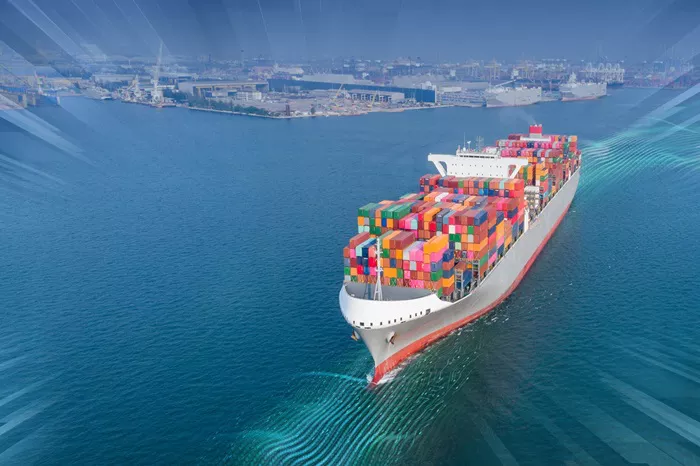In the midst of Alaska’s pristine waters, the cruise industry navigates a delicate balance between tourism and environmental stewardship. The Alaska cruise route, renowned for its breathtaking vistas and wildlife encounters, traverses ecosystems critical to Southern and Northern Resident killer whales. However, concerns over pollution from cruise vessels loom large, with ships increasingly turning to fracked gas as a marine fuel, raising environmental alarms.
British Columbia, a key gateway for these voyages, grapples with the tangible impacts of climate change—wildfires, droughts, and heat waves intensify across the region. In response, stakeholders have welcomed the introduction of green methanol marine fuel for the proposed Alaska green cruise corridor. Yet, activists stress the need for immediate, substantive actions to combat climate disruption.
Anna Barford of Stand.earth has called upon the Port of Vancouver and cruise lines to abandon fossil gas in favor of green alternatives. She emphasizes that achieving a truly sustainable cruise corridor demands a profound transformation, including the elimination of sewage and fossil fuel waste discharges, and substantial investments in zero-emission vessel technologies.
Advocates insist on transparency and robust commitments aligned with the Paris Agreement, advocating for stringent protections for communities and wildlife. They highlight the environmental footprint of cruise ships, which generate more greenhouse gases per passenger-kilometer than air travel. Despite the initial step towards green methanol, critics argue that the industry’s long-term decarbonization target of 2050 allows for continued pollution.
Karla Hart from the Global Cruise Activist Network echoes these concerns, labeling the reliance on cheap, dirty fuels until 2050 as unacceptable. Urgency is emphasized, with calls for immediate actions from both the shipping industry and regulators to curb current air and water pollution.
Stand.earth reports a significant decade-long growth in Alaska’s cruise sector, accounting for six percent of the global cruise industry. With home ports in Seattle, Washington, and Vancouver, British Columbia, the sector’s impact is concentrated along a narrow but environmentally rich travel route. Over 1.6 million passengers on more than 500 sailings annually strain local communities, while cruise ship emissions continue to degrade pristine air and waters.
In summary, while strides towards a green cruise corridor are welcomed, stakeholders and activists stress that only robust, immediate actions can ensure a sustainable future for Alaska’s marine ecosystems and communities.
Related topics:
Human Progress and Fossil Fuels
The Evolving Perception of Fossil Fuel Workers in the Climate Era

